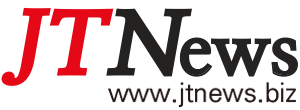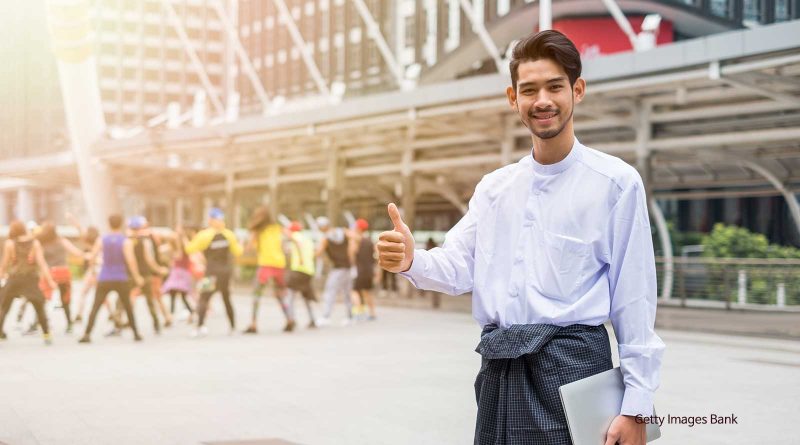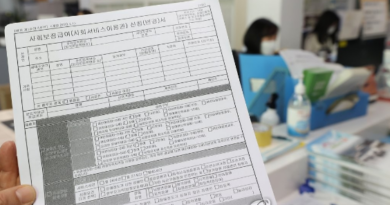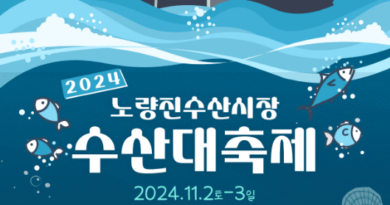(K-Beauty) Future Cosmetics Industry Promotion Plan
This year marks the 30th anniversary of the start of dialogue between South Korea and ASEAN. ASEAN, short for the Association of South East Asian Nations, refers to the political and economic federations of the 10 Southeast Asian countries. Currently, 10 countries are participating in Brunei, Cambodia, Indonesia, Laos, Malaysia, Myanmar, the Philippines, Singapore, Thailand and Vietnam.
As of 2018, ASEAN is a huge market with a population of 650 million, the world’s third-largest, and a GDP of $2.5 trillion, boasting a dynamic economic growth rate of more than 5 percent every year, according to the ministry. The government is pushing for a “New Southern Policy” aimed at raising the level of cooperation with ASEAN countries, which are considered such areas of growth, as much as the four neighboring powers — the United States, China, Japan and Russia. In Busan in November, a special summit between Korea and ASEAN will be held to examine the development of Korea-ASEAN relations and strengthen the momentum for the new Southern Policy. We looked at the relationship and the situation of cooperation between the 10 ASEAN countries and the Republic of Korea.
It is a common modifier when introducing ASEAN, which is “infinite growth potential” and “young and dynamic growth region.” The population is more than half and under 30 years old, and the average annual economic growth rate is 5 to 6 percent. The Organization for Economic Cooperation and Development predicts that Southeast Asian consumers will account for 59 percent of the world’s middle class consumption in 2030. This is why many countries around the world are paying attention to ASEAN and its diplomatic and economic cooperation.
South Korea and ASEAN have maintained close cooperation since the establishment of a dialogue giant in 1989. It was upgraded to a “strategic partnership” in 2010 after going through a “comprehensive partnership” in 2004 while continuing to strengthen cooperation in 1991 as a full dialogue power. South Korea annually attends the Korea-ASEAN summit and the Korea-ASEAN foreign ministers’ meeting, and maintains a regular consultation channel with ASEAN by operating the Korea-ASEAN dialogue.
Hallyu culture blossomed and halal-certified ramyeon hot or hot
Korea and ASEAN are also very close economically. As of 2018, trade between Korea and ASEAN was about $1,597.4 billion ($1001.1 billion in exports and $596.3 billion in imports), which is Korea’s second-largest trade destination. All 10 ASEAN countries are concurrent diplomatic ties between the two Koreas, and they are also our important partners regarding issues on the Korean Peninsula.
South Korea and ASEAN are also actively sharing their experiences in development and helping development. From 1987 to 2018, the amount of free and paid ODA aid to the 10 ASEAN countries was 20.4 billion dollars (accumulated in 2018 and 20.1 percent of Korea’s total bilateral free ODA), and 28.4.7 billion dollars (accumulated in 2018 and 39.6 percent of Korea’s total bilateral paid ODA). Separately, the Korea-ASEAN Cooperation Fund is also in operation to strengthen Korea-ASEAN personnel exchanges, promote trade and investment, and enhance cooperation, including technology transfers.
ASEAN has consistently supported Seoul’s policy on the Korean Peninsula, calling for progress in the peace process on the Korean Peninsula whenever major security-related situations arise, such as inter-Korean dialogue and U.S.-North Korea talks. The ASEAN-led ASEAN Regional Forum (ARF) is the only regional consultative body involving North Korea, and both of the North American summits have been held within the ASEAN region.
Human exchanges between Korea and ASEAN are also active. As of 2018, the number of Korean and ASEAN mutual visitors surpassed about 10 million.
In ASEAN, “hallyu culture” is also blossoming. According to the Korea Communications Commission, two out of three viewers of the five ASEAN countries (Malaysia, Vietnam, Singapore, Indonesia and Thailand) had access to Korean broadcasting contents as of December 2018. Among them, dramas are definitely popular. The drama “Descendants of the Sun” gained huge popularity in Southeast Asia, recording an average viewer rating of 40 percent. After Seoul, BTS’ music is the most consumed city, and our pop music, dubbed “K–pop,” is also loved in ASEAN, with the inclusion of Vietnam’s Ho Chi Minh, Thailand’s Bangkok and Indonesia’s Jakarta.
In Malaysia, the interest in halal-certified K– food and K–beauty products is very keen. Among the halal-certified K– foods, instant noodles are receiving “explosive” responses.
South Korean farm products’ exports to ASEAN rose 8 percent to $1.36.8 billion in 2018 from $1.21 billion in 2017, according to the ministry. This is a large increase compared to the 1.5 percent increase in overall farm exports during the same period. The demand for Korean-made food materials in the ASEAN region is also on the steady rise based on trust in the quality of Korean agricultural products.
With the rapid development of ASEAN markets, infrastructure investment is also brisk. The “Korean Wave in construction” is also spreading as South Korean builders build landmarks in ASEAN, including Singapore’s Marina Bay Sands Hotel and Brunei Bridge.
ASEAN, which is emerging as South Korea’s growth partner, is at the center of the government’s “New Southern Policy.” Moon Jae-in president since he took over the four powers (United States, China, Japan, Russia) towards economic development in order to find a way out of the difficulty the new economy, and diversify its likely.The ASEAN states and cooperation was emphasized. The New Southern Policy, officially proclaimed by President Moon in his keynote speech at the Korea-Indonesia Business Forum on Nov. 9, 2017, is an important concept of completing the new economic map of the Korean Peninsula in pairs with the New Northern Policy.
Center of the New Southern Policy, ASEAN
The first Korea-Mekong summit will also be held.
Since taking office, Moon has visited all 10 ASEAN countries until September this year, working to strengthen ties with ASEAN countries. “President Moon is the only president of the Republic of Korea who has visited all 10 ASEAN countries in his term,” said Joo Hyung-chul, an economic advisor to the presidential office, during a briefing on the 10-nation ASEAN tour on Sept. 5. “This is a testament to how important we perceive the new South, such as ASEAN and India, as well as laying the foundation for stable implementation of the New Southern Policy through the tour and demonstrating our sincerity and willingness to cooperate with the 10 ASEAN countries.”
“The ASEAN countries also showed high expectations and demands to trust us as partners for cooperation that can move forward together toward the future and produce long-term visions and real cooperation results,” he said. “To this end, detailed cooperation discussions were held in various areas ranging from rural development to economic cooperation, exchanges, and military and security cooperation, including the fourth industrial revolution.”
The “Korea-ASEAN Special Summit,” a venue to celebrate the 30th anniversary of the establishment of official dialogue relations between South Korea and ASEAN, will be held in Busan on Nov. 25-27. It is the largest international conference to be held in Korea under the current administration, and it is a time to assess the development of Korea-ASEAN relations over the past 30 years and present a vision for a new 30 years in the future. Meanwhile, the first “Korea-Mekong summit” will be held on Nov. 27 in conjunction with the special summit. The Korea-Mekong cooperation, which has been held in a ministerial level, will also be upgraded to the top level, drastically strengthening cooperation with the Mekong River basin countries, which are the leading high-speed growth areas in ASEAN.
[Agrees with Weekly]
Source: Ministry of Culture, Sports and Tourism. Republic of Korea. http://www.korea.kr








